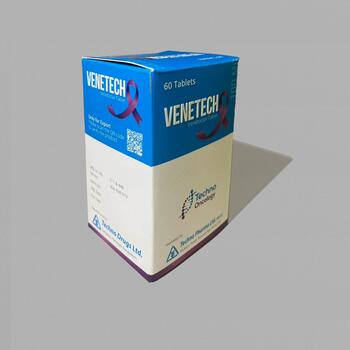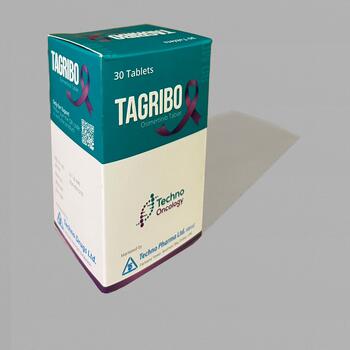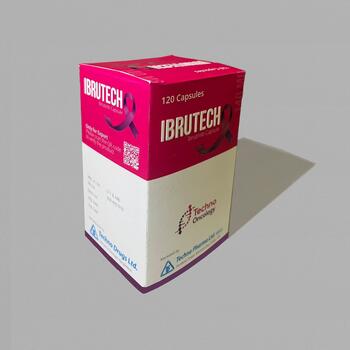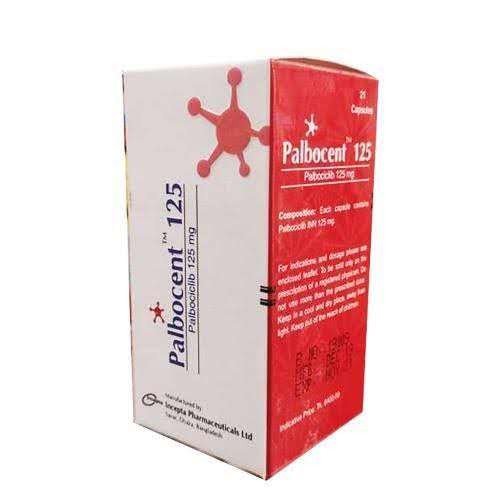阿法替尼(Afatinib)40mg
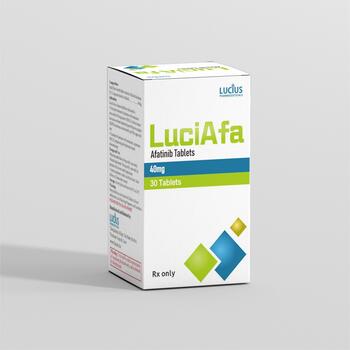
1. Composition:
The chemical name of Afatinib is N-{4-(3-chloro-4-fluorophenylamino)-7-(tetrahydrofuran-3-yloxy)quinazolin-6-yl}-2-(dimethylamino)acetamide, with the molecular formula C24H25ClFN5O3 and a molecular weight of 485.94. Afatinib is a second-generation irreversible tyrosine kinase inhibitor (TKI), and its molecular structure allows it to bind irreversibly to EGFR and other HER family receptors.
2. Pharmacodynamics:
Afatinib inhibits the activity of EGFR and other HER family receptors (such as HER2 and HER4), blocking the signal transduction pathways mediated by these receptors, thereby inhibiting tumor cell proliferation. It is especially suitable for patients with non-small cell lung cancer (NSCLC) carrying EGFR mutations (such as Exon 19 deletions or Exon 21 L858R mutations). These mutations cause abnormal activation of cancer cells, but Afatinib can effectively block this abnormal signal transduction.
3. Usage:
Afatinib is typically administered in tablet form, with a recommended starting dose of 40 mg once daily, taken on an empty stomach (at least 1 hour before or 2 hours after a meal). Depending on the patient's tolerance, the doctor may adjust the dose to 30 mg or 50 mg. Regular check-ups should be conducted during treatment to monitor the patient's response and potential side effects.
4. Research & Development History:
Afatinib was developed by the German biopharmaceutical company Boehringer Ingelheim and was first approved by the FDA in 2013 for the treatment of patients with metastatic NSCLC carrying EGFR mutations. Compared to first-generation EGFR-TKIs (such as Gefitinib and Erlotinib), Afatinib, as an irreversible inhibitor, has shown stronger efficacy in certain patient populations.
5. Mechanism of Action:
Afatinib irreversibly binds to the tyrosine kinase domains of EGFR, HER2, and HER4, blocking the activation of these receptors. EGFR mutations lead to persistent tyrosine kinase activity, causing continuous cell division and tumor growth. Afatinib inhibits these receptors, particularly targeting common EGFR mutations, thereby stopping the growth and spread of cancer cells. Additionally, Afatinib also inhibits HER2 and HER4, making it potentially effective in treating certain complex tumor types.
6. Summary
Afatinib is a second-generation EGFR-TKI targeted therapy, mainly used for treating NSCLC patients with EGFR mutations. It irreversibly inhibits the signal pathways of EGFR and other HER family receptors, suppressing tumor cell proliferation and spread. Compared to first-generation EGFR-TKIs, Afatinib has a more lasting effect and is suitable for patients with resistant mutations.



